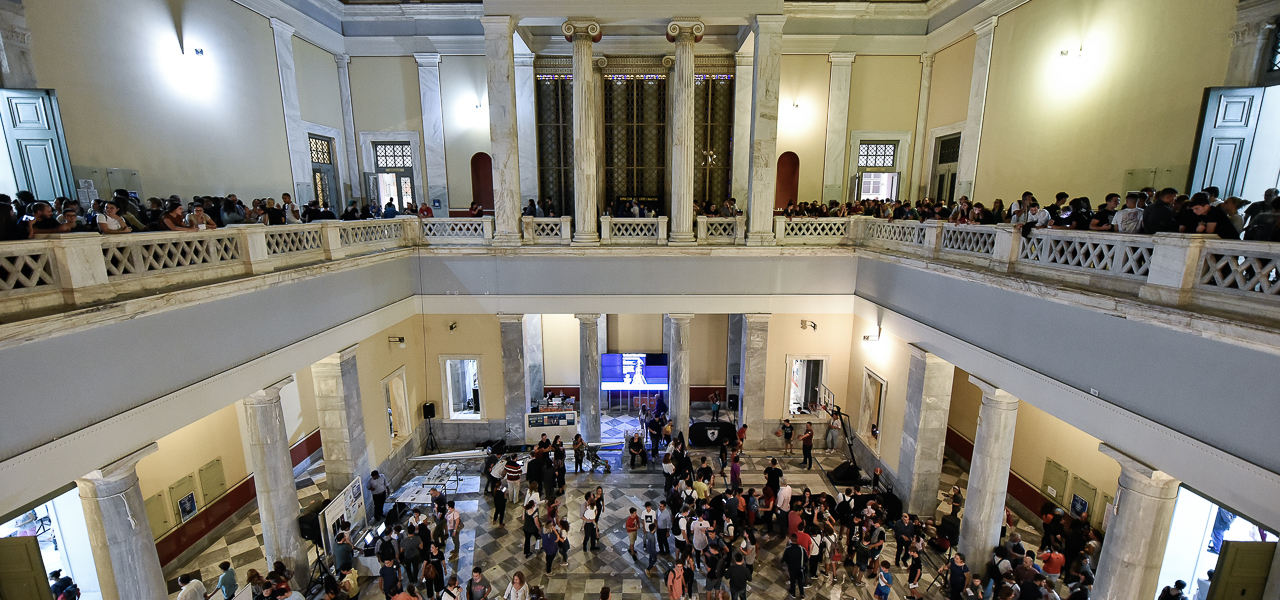The School of Architecture has been participating in the Erasmus University Exchange Program since 1988. In the first phase, which lasted until 1995, collaborations came from similar initiatives by faculty members based on their personal contacts with universities or university networks abroad. Thus, collaborations have been realized with the School of Architecture and Urban Planning, as well as Regional Development, Economic and Social Analysis of the Area, Anthropology, Geography and Economics, most of which still exist to date. Since 1996, Erasmus has been integrated into the broader Socrates program, covering all levels of (tertiary) education: undergraduate, postgraduate and doctoral dissertation. The partnerships were expanded, again with the care of some faculty members, who thought it was appropriate to open the School at European level. The coordination of the program in these early phases was by professor Dina Vaiou.
The Erasmus programme includes various activities, such as reciprocal short-term recruitment, or the organization of intensive courses and seminars by two or more schools in partnership. However, the core of the program has always been - and continues to be - student exchanges between partner universities. These are based on bilateral agreements, which provide for a specific number of individuals and a specific duration of study, ranging from the minimum mandatory period of three months to a maximum of twelve months, ie a whole academic year. For the months of study, each student is automatically awarded a European Union scholarship. These scholarships, the monthly amount of which varies according to the country of destination, are managed by the State Scholarship Foundation.
All students have the right to participate in the program until they lose their student status. Of course, it is recommended (and often required) for them to have completed at least the first two years of their studies at the school they come from. The best time is considered, in a five-year course of study, the fourth year. The central idea of the program is the ability to attend courses at the Destination School, which will be considered - and will be recognized as equivalent - with specific subjects of the curriculum of the School of Orientation. On the other hand, the choice of courses that the student will attend in the host school may, under certain conditions, be independent from the recognition process and be free in number of courses, content and level of study to be related to both personal interests of the student and the particular orientation of the destination school, which is sometimes different from that of the School of origin.
You can find the curriculum icluding ECTS bellow
html version
pdf version
html version
pdf version

